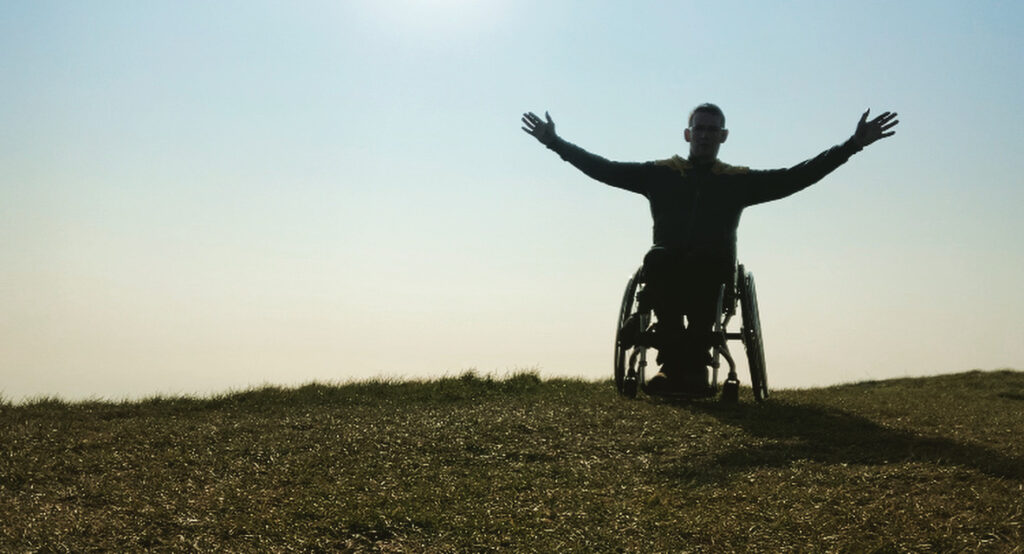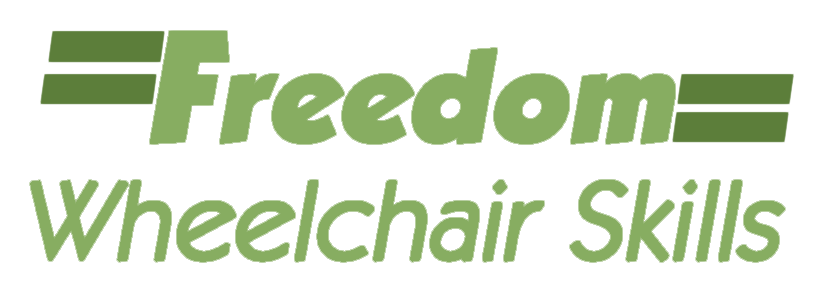Freedom wheelchair skills is not just about wheelchair training but also offers one-to-one peer support.
What is peer support?
Peer support is the “process of giving and receiving encouragement and assistance to facilitate long-term recovery.” It also “offers emotional support, shared knowledge, skills, practical assistance, and connects people with resources, opportunities, communities of support, and other people”.**
How can I do this?
From my 30-plus years of living with a disability, I can provide knowledge, experience, emotional, social and practical help.
Clients can benefit from an empathetic, listening ear from someone who has shared experience, hearing and seeing what is possible from living confidently with a disability, recommendations on managing in the home and local area, and signposting to professional or specialist help.
After suffering a life-changing injury and learning to live again, my only peers were my friends. However, I met new people and made new friends who also guided me through the new way of life I was having to work out. Although, none of these friends had a disability of any kind. However, it was a tough start living a new life.
My support service can help individuals
- to develop goals
- engage with activities
- develop recovery plans
The structure of Freedom Wheelchair Skills peer-support service is based on four points.
- Receive a referral from the end user, case manager or professional
- Initial telephone assessment with the client – includes introductions and first focus on goal planning aims
- Face-to-face meeting at client location
- Telephone follow-up with the client to review goals and discuss if further support is needed.
Research shows that peer support can improve people’s well-being, resulting in fewer hospital stays, larger support networks, and better self-esteem, confidence, and social skills.
**Research from https://www.mentalhealth.org.uk/a-to-z/p/peer-support

[service_schema id=2049]
